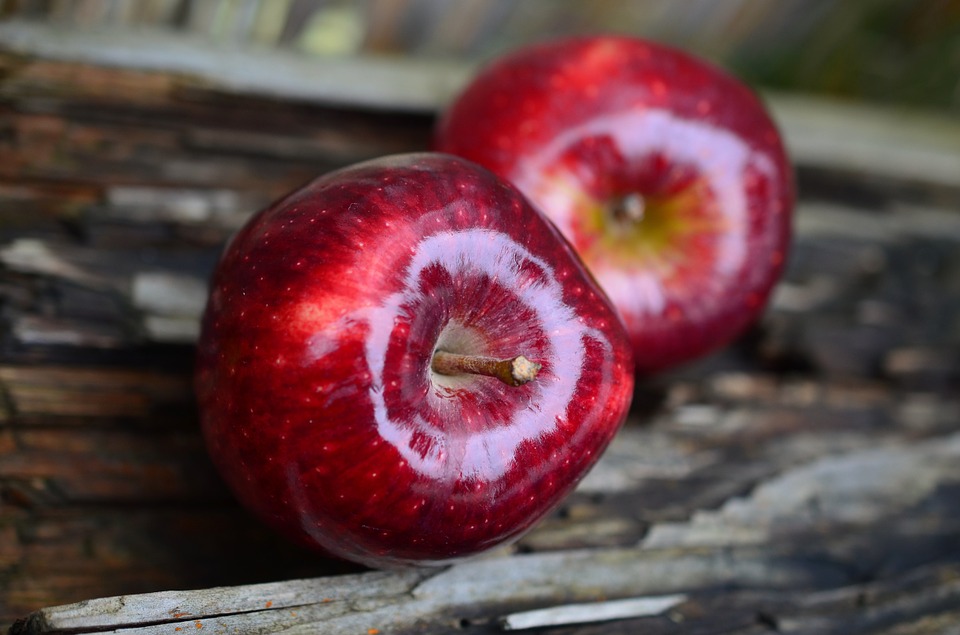It’s a good time to talk about apples. Johnny Appleseed was a pioneer in introducing apple trees to Pennsylvania, Ohio, Ontario, Indiana, West Virginia, and Illinois. Because of his leadership in conservation, his legacy has been solidified with this month’s National Johnny Appleseed Day, celebrated annually on the 26th of September.

In spite of the old adage, “An apple a day keeps the doctor away,” though, apples are not good for everyone. The fruit can cause gastrointestinal upset in some people. It can also lead to oral allergy syndrome or pollen-food allergy syndrome that causes tingling and swelling of the mouth, lips, and throat. Fortunately, the irritating mouth symptoms only last for short periods of time, but they can be maddening enough that many people will give up apples rather than deal with their effects.
This syndrome actually stems from a pollen allergy—usually to tree pollens including birch, alder, elm, and hazel. The pollens from these trees so closely resemble proteins found in apples that it can be tricky for your body to differentiate between them. Thus, if you have a propensity to react to these tree pollens, you may also react to apples. This affects both adults and kids.
This phenomenon isn’t restricted to apples. It can occur with other fresh fruits and vegetables. Fortunately, there are ways to minimize your reactions. First, you can try peeling the apples, as there is often a higher concentration of proteins in the apple peel. You can also cook the apples.
If your oral allergy syndrome is bothersome enough or causes you to be unable to tolerate a number of different kinds of fresh produce, talk to your physician about receiving an allergy test and starting on an allergy treatment program. Sublingual immunotherapy (an alternative to allergy shots that uses oral allergy drops) has been shown to be an effective food allergy treatment program and can often reduce the symptoms of oral allergy syndrome, allowing you to eat more of the fresh foods you love.


